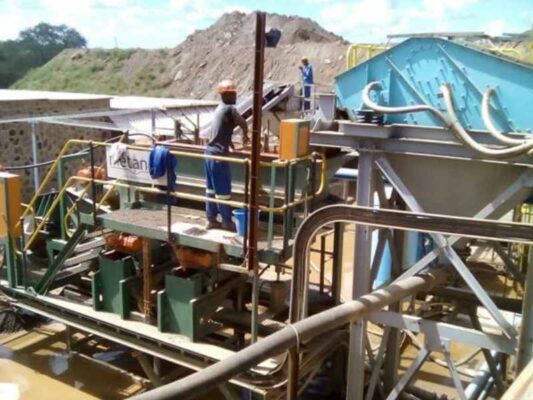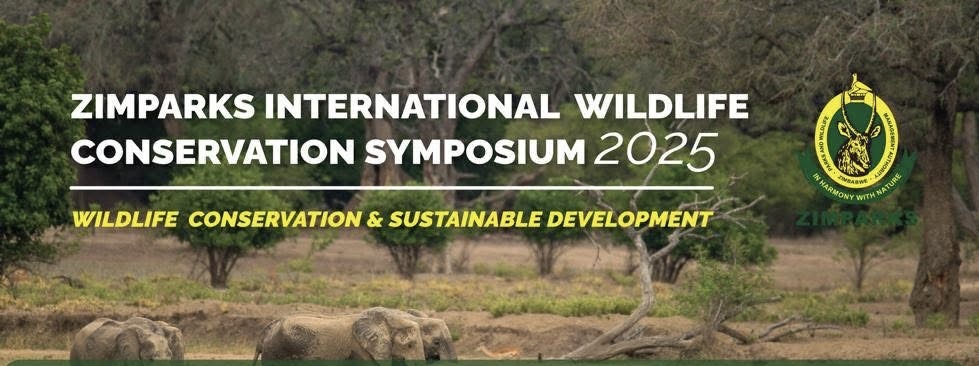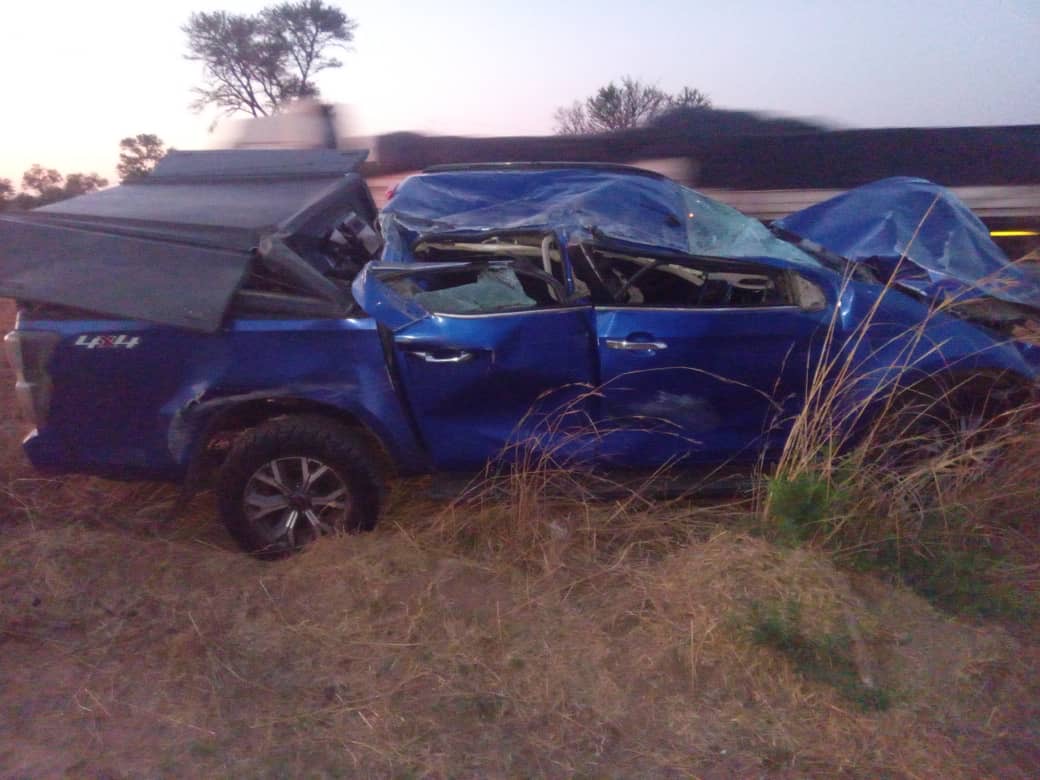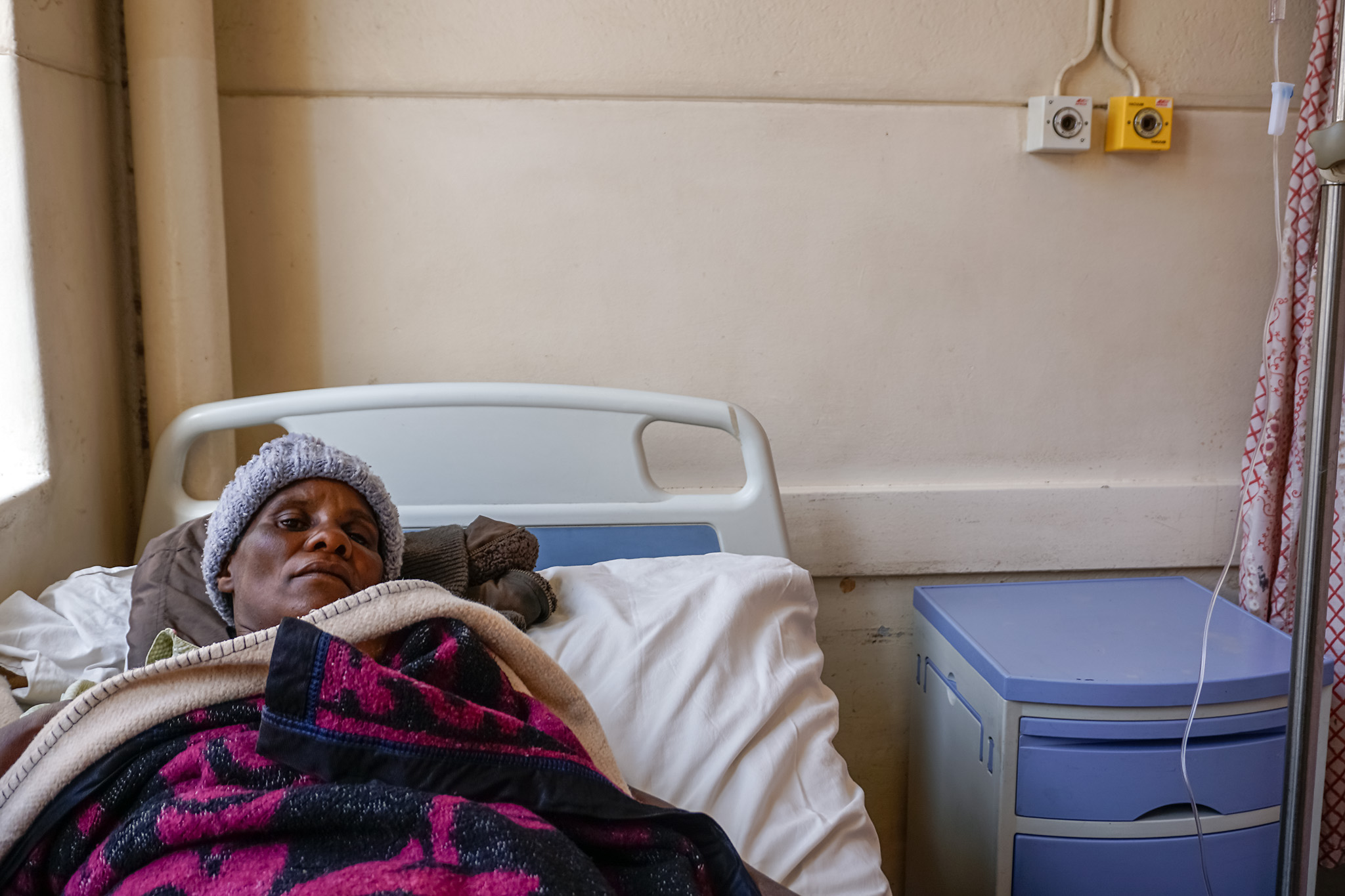BY WANDILE TSHUMA
The Zimbabwe Association of Doctors for Human Rights (ZADHR) has expressed concern over the government’s continued delays in disbursing funds from the Sugar Tax meant for the procurement of cancer treatment equipment.
In a statement released yesterday , ZADHR said it was deeply worried by the slow pace of progress, two years after the introduction of the levy that was expected to finance the purchase of essential medical equipment for cancer patients across the country.
According to the association, by November last year, the Ministry of Finance and Economic Development had confirmed collecting US$30.8 million through the sugar tax — a surcharge imposed on sugary drinks and beverages. However, no disbursement had yet been made to the Ministry of Health and Child Care for the intended purpose.
“This delay undermines the purpose of the Sugar Tax, which was intended to improve public health outcomes through targeted investment in non-communicable disease management, including cancer prevention and treatment,” ZADHR said.
Zimbabwe currently bears one of the highest cancer burdens in Southern Africa, with an age-standardised incidence rate of 208 per 100,000 people and a mortality rate of 144 per 100,000, according to Globocan 2022 data. These figures surpass those of neighbouring countries such as South Africa, Namibia, Zambia, and Botswana.
The association warned that the government’s inaction continues to worsen the plight of thousands of patients who face long waiting lists and limited access to treatment.
“The country records over 17,700 new cases and nearly 12,000 deaths annually, largely due to late diagnosis and inadequate treatment capacity,” read the statement. “This growing burden strains Zimbabwe’s fragile health system, escalates household health expenditures, and undermines productivity.”
ZADHR called on the Ministry of Finance to urgently release the collected funds and for the Health Ministry to ensure transparent procurement and installation processes once funds are received.
The association also urged the Ministry of Health to build technical capacity among staff to maintain and effectively utilise the new equipment once installed.
“Equitable access must be at the centre of this rollout. Beyond the main Central Hospitals, provincial and district centres should also benefit to ensure no patient is left behind,” ZADHR added.

 Slider3 years ago
Slider3 years ago
 National4 years ago
National4 years ago
 Tourism and Environment4 years ago
Tourism and Environment4 years ago
 Opinion4 years ago
Opinion4 years ago
 Special reports4 years ago
Special reports4 years ago
 National4 years ago
National4 years ago
 National3 years ago
National3 years ago
 National3 years ago
National3 years ago




